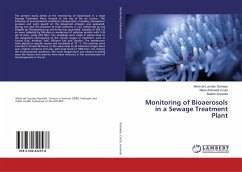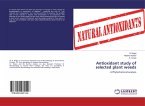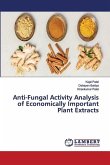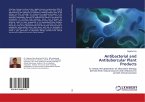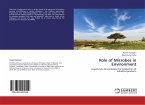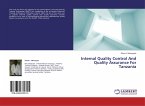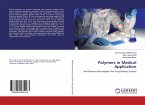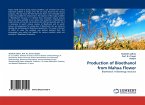The present study aimed at the monitoring of bioaerosols in a large Sewage Treatment Plant, located in the city of Rio de Janeiro. The influence of environmental conditions (temperature, humidity, atmospheric pressure and wind speed) on the bioaerosol emission was evaluated. During one year the presence of total coliforms, E. coli, Salmonella sp and Shigella sp, Pseudomonas sp and fungi was quantified. Samples of 200 l of air were collected by filtration in membrane of cellulose acetate with 0.45 ¿m of pore, using AFG filter. The samplings were made in places close to the equipment participating of the various stages of treatment, such as Coarse Grid, Aeration Tank, Effluent Exit and Garden. The membranes were plated on specific means and incubated at 37 ° C. The colonies were counted in 24 and 48 hours. In the areas close to all treatment stages there was a higher incidence of fungi, with peak levels of 1000 CFU / m3. Among the environmental conditions, the room temperature and relative humidity were the factors that seem to have more influence in the concentration of microorganisms in the air.

